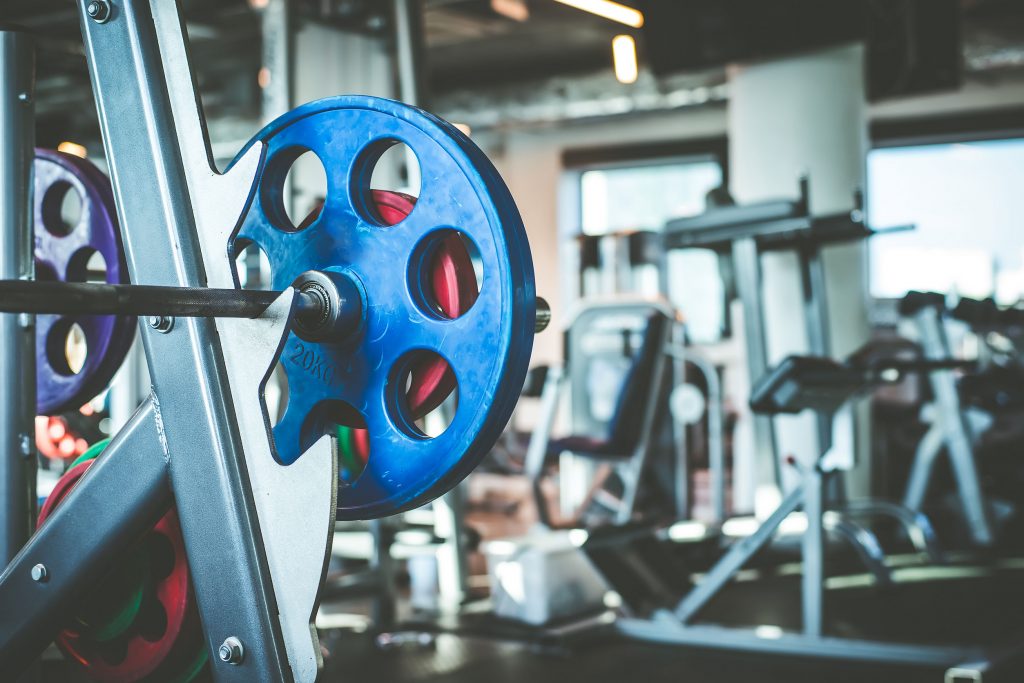
The ability to “access” thoracic extension (and rotation) can be a game changer for a lot of people; especially for those who spend an inordinate amount of time sitting at a desk job.
In no particular order, t-spine extension & rotation:
- Allows the shoulder blades to move, particularly with regards to scapular retraction and upward rotation.
- Takes much of the burden off the lumbar spine. We WANT the bulk of our rotation to come from this area (7-9 degrees per segment).
- Likewise, it helps keeps our shoulders healthy, allowing for a bit more external rotation in the glenohumeral joint. I.e., “opens” us up.
- Provides a window to be in better position(s) to lift heavier loads, and with less compressive loading on the spine.
- Makes you look 43% more attractive.
- Both have immense carryover to everyday (as well as athletic activities) which require a litany of movement variability such as reaching behind us, overhead, in addition to lifting and throwing things.1
Today I wanted to share a drill I think you’ll get a lot of use out of that you’ll be able to incorporate with your clients/athletes right away.
T-Spine Wall Rotation with Lift-Off
Who Did I Steal It From? – Dean Somerset, yo.
What Does It Do? – Proper execution of this drill takes the lower back out of the equation (where we DON’T want any movement) and instead targets the mid-back (where we DO want movement).
It also provides a killer bicep pump.
Just kidding. It doesn’t.
But it does help improve thoracic rotation & extension, which will keep people healthy, which will allow them to train more often, which will then allow them to curl to their hearts content.
Key Coaching Cues: Place a foam roller or yoga block between the wall and the knee (or the hip for that matter) that’s closest to it. From there, with your palm facing out, try to trace a circle on the wall rotating/extending as far as your mobility allows.
When you reach end-range, perform an exhale (out of the mouth) and lift your hand off the wall a few inches.
Don’t allow the foam roller/yoga block fall to the ground.
Return back to starting position, inhale (via the nose), and repeat the same process for 3-5 reps/side. Don’t be surprised if you get a little bit more off the wall with every subsequent rep.
It’s magic.



